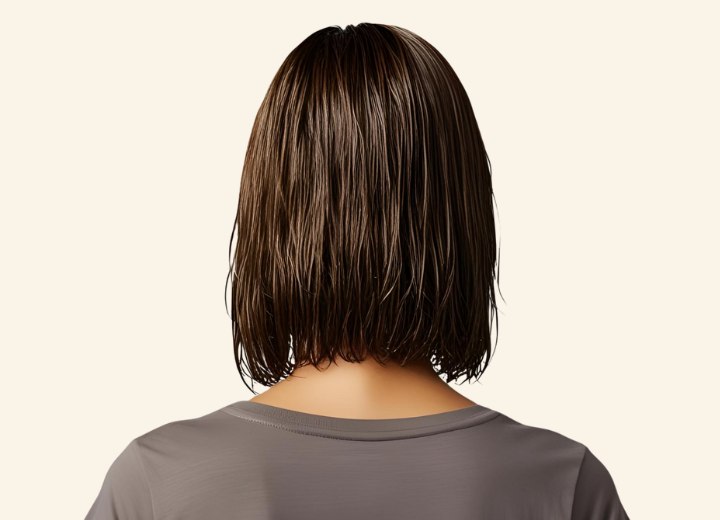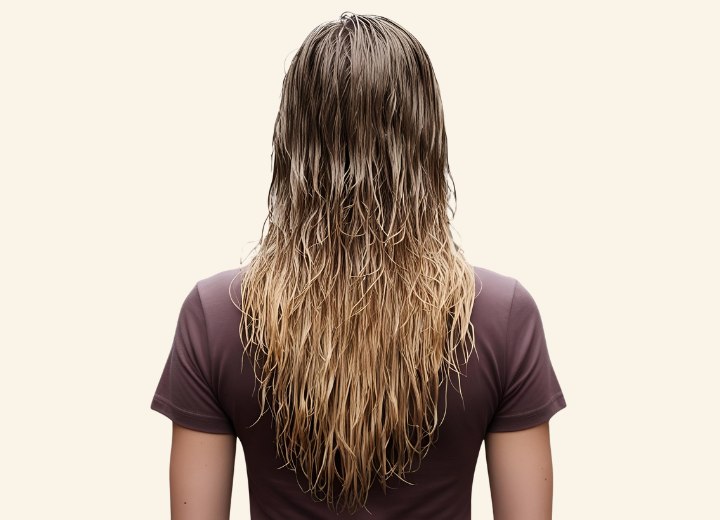Soft Water

Q: Is soft water always better for your hair than hard water? I was told that water that is too soft can also cause hair problems. Is that true?
A: Soft water and hard water can have vastly different effects on hair, and neither is perfect. The key lies in understanding how water hardness impacts your hair and making adjustments accordingly. There are a few things about water hardness that you need to know.
How does water hardness affect your hair?
Water hardness is determined by the concentration of dissolved minerals, which are primarily calcium and magnesium. Hard water, which contains high levels of these minerals, tends to leave a residue on the hair, making it feel dry, brittle, and more prone to tangling.
Soft water, on the other hand, has little to no mineral content, making it excellent for rinsing out shampoo and other hair products more thoroughly. This often results in hair feeling smoother and silkier. However, while soft water can prevent buildup and enhance moisture retention, it is not without its own challenges.
Some people find that it makes their hair feel overly soft, limp, or difficult to style. Without the structural support that some mineral content provides, hair may lack body and volume, appearing flat or lifeless.

What are the signs that your water might be too soft or too hard?
Recognizing the signs of water that is too hard or too soft can help you make the right adjustments to your hair care routine. If your water is too hard, you may notice that your hair looks dull, feels rough, and is difficult to detangle. Shampoo may not lather well, and a white, chalky residue might appear on shower fixtures, indicating a high mineral content.
If your water is too soft, on the other hand, your hair might feel overly smooth, lack volume, or become greasy faster than usual. You may also find it difficult to maintain your hairstyle.
How can you manage hair health with different water types?
Managing hair health in different water conditions requires tailored solutions. If you have hard water, using a clarifying or chelating shampoo once a week can help remove mineral buildup and restore shine. Installing a water softening system or a shower filter can also make a significant difference by reducing mineral content. Additionally, leave-in conditioners with protective ingredients can help counteract dryness and prevent breakage.
If your water is too soft, incorporating protein-rich hair products can help strengthen the strands and improve texture. Choosing volumizing shampoos and lightweight styling products can help maintain body, while avoiding over-conditioning can prevent hair from becoming too limp.

Is there an ideal water hardness for hair?
For optimal hair health, moderate water hardness, typically between 60 and 120 parts per million (ppm), is considered ideal. This range provides enough mineral content to give hair some structure while avoiding excessive buildup that can cause dullness or dryness. It also helps maintain the hair’s natural protein balance and allows hair care products to work better.
Ultimately, there is no single best type of water for everyone. Hair type, texture, and individual preferences all play a role in determining how water hardness affects you. By adjusting your hair care, you can keep your hair looking and feeling its best, regardless of whether your water is hard, soft, or somewhere in between.
©Hairfinder.com
See also: How to wash your hair